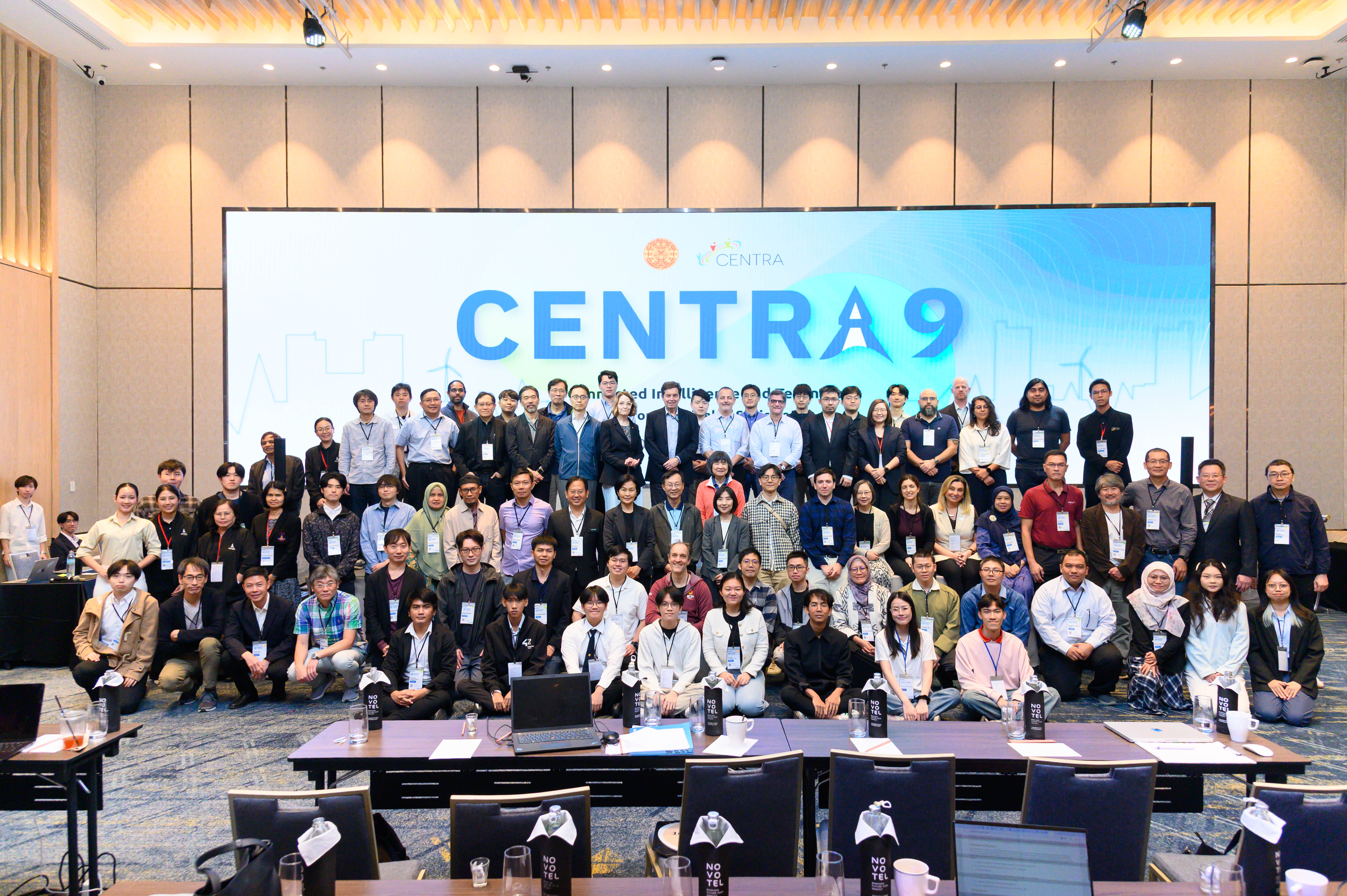High-Assurance Software
At the High-Assurance Software Laboratory (HASLab), we improve practice through theory, creating and implementing software that goes beyond mere functionality: we ensure it is correct, resilient, and secure against failures and attacks.
Our team of researchers, scientists, and engineers has proven expertise in software engineering, developing methods and tools to design and integrate robust software; in distributed systems, exploring distribution and replication to ensure scalability and reliability; and in information security, addressing cybersecurity challenges and improving systems with advanced, secure cryptographic protocols, thus minimising vulnerabilities.
With a multidisciplinary approach supported by solid theoretical principles, we develop innovative solutions for critical software, secure cloud infrastructures, and privacy-aware big data management, driving scientific advancement, innovation, and high-level consultancy.
In addition, we complement our core expertise with work in human-computer interaction, programming languages, computational mathematics, and quantum computing - because we believe the future of trustworthy software is built on knowledge and innovation.


